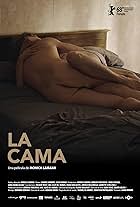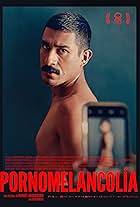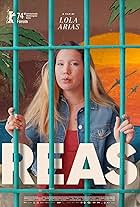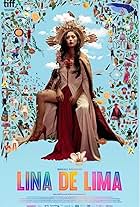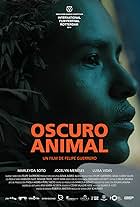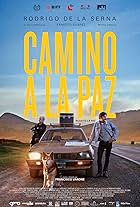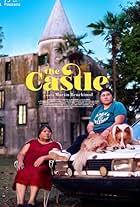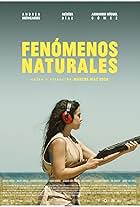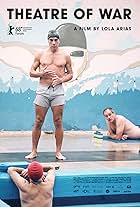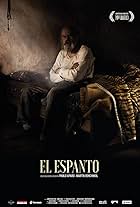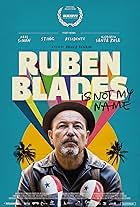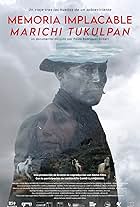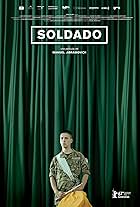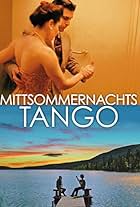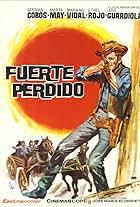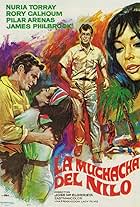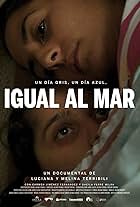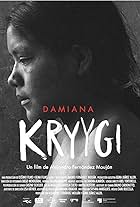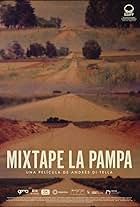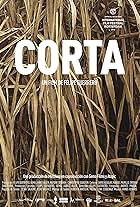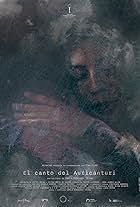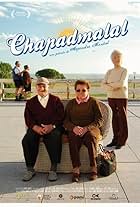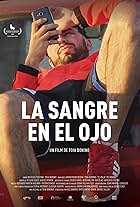Advanced search
- TITLES
- NAMES
- COLLABORATIONS
Search filters
Enter full date
to
or just enter yyyy, or yyyy-mm below
to
to
to
Exclude
Only includes titles with the selected topics
to
In minutes
to
1-28 of 28
- An elderly couple's final day together in their sold home sees attempts at intimacy fail. They experience emotional extremes while packing, burying their dead cat, and ultimately parting ways as their relationship ends.
- Lalo is a sex-influencer: he posts photos of his naked body and homemade porn videos for his thousands of followers on social networks.
- Gentle or rough, blonde or shaved, cis or trans, long term inmates or those newly admitted: women re-enact their lives in a Buenos Aires prison, in trance and balance, voguing and singing.
- A woman travels from Peru to work as a housekeeper in Chile.
- What would be the shortest route between Entre Rios in Argentina and the Chinese metropolis Shanghai? Simply a straight line through the center of the earth, since the two places are antipodes: they are located diametrically opposite to each other on the earth's surface. During his visits to four such antipodal pairs, the award-winning documentary filmmaker Victor Kossakovsky captured images that turn our view of the world upside down. A beautiful, peaceful sunset in Entre Rios is contrasted with the bustling streets in rainy Shanghai. People who live in a wasteland are connected to people dwelling next to a volcano. Landscapes whose splendor touches the soul are juxtaposed with the clamor of a vast city. These antipodes seem mythically connected, somehow united by their oppositeness. Kossakovsky's movie is a feast for the senses, a fascinating kaleidoscope of our planet. VIVAN LAS ANTIPODAS! - Long Live The Antipodes! What is happening on the point of the earth diametrically opposite to where we are now, what awaits us there? Fascinated by this question, Victor Kossakovsky conducted an experiment, and in the course of his unique project visited four coupled antipodes - in Argentina and China, Spain and New Zealand, Chile and Russia, Botswana and Hawaii. Thanks to a keen sense of the magic of his eight locations, Kossakovsky captures unforgettable images. He follows the menacing glow of a volcano's lava, contemplates the majestic flight of a condor, documents human attempts to rescue a stranded whale. A sunset in Argentina's Entre Rios is juxtaposed with rush hour in Shanghai. Tranquil silence and amber light contrast with noisy industriousness and metallic hues. The movie approaches its subject playfully, and Kossakovsky's deployment of the camera is innovative: the earth's surface bends right in front of our eyes, images upside down.
- Oscuro animal tells the story of three women forced to flee their homes in a war torn region in Colombia. .
- An unemployed man starts a private car service and takes an older man, Jalil, on a long distance journey from Buenos Aires to La Paz in Bolivia. Non-stop arguing during the ride changes their lives.
- Justina has been rewarded by her former employer for her lifelong devotion to her as a maid with a colossal mansion deep in the Argentinian Pampa. The only condition is that she must never sell it.
- It's the late 1980s in Cuba, and in an isolated ranch in a small town near Santa Clara, lives Vilma, a young nurse who dreams of a better place to raise her upcoming baby, along with her disabled husband Ivan. However, neither her skills as a nurse nor as a shooter will free Vilma from her harsh reality until a natural phenomena sweeps her away and Vilma wakes up in a place where it seems her dream will come true.
- THEATRE OF WAR is an innovative feature documentary that reveals the personal stories of both British and Argentinean former soldiers whose lives were deeply affected by the Falklands war. The stylized individual narratives, where real experience is turned into fiction by men re-enacting their own memories, reveals deeper emotional truths about the consequences of war. It is a unique collaboration between Argentinean and British timed for the 35th anniversary of the war. In a film set turned time machine, those who fought are transported into the past to reconstruct their war and aftermath memories in acclaimed Argentinian artist Lola Arias' latest work.
- In a remote town of Argentina, home remedies replace traditional medicine. All diseases are treated by the villagers except a mortal fear known as espanto, the dread. This rare illness can only be cured by an old man who very few dares to visit. The Dread is an investigative human interest documentary stuffed with strong humour and outstanding protagonists.
- Latin American icon Ruben Blades was at the center of the New York Salsa revolution in the 1970's. His socially charged lyrics and explosive rhythms brought Salsa music to an international audience. Blades has won 17 Grammys, acted in Hollywood, earned a law degree from Harvard and even ran for President of his native Panama. He lives in New York, where he shares his life at home and on tour with the camera. Critically acclaimed director Abner Benaim takes us on a journey through Ruben's 50 year career, revealing that Ruben might still have both musical and political ambitions. The film is a celebration of this living legend and his struggle to come to terms with his legacy.
- Indigenous Mapuche activist and researcher explores the silenced history of atrocities against her ancestors over a century ago.
- A young man decides to join the army because he needs a job and he wants to make his mother happy. He becomes the drummer in the band. His everyday life is now a combination of military training and music. What does the Argentine Army do these days, 40 years after the dictatorship? How is a soldier made in a country without wars?
- Finns have a quirky sense of humour - and are a bit shy. But: Tango is THE folk music of the Finns. The documentary discovers the Finnish tango from the viewpoint of the singer Chino Laborde, the guitarist Diego "DIPI" Kvitko and the bandoneonist Pablo Greco. The three Argentine musicians travel to Finland to find out whether Aki Kaurismäki is telling the truth when he asserts that tango music was invented in Finland.
- A wagon train en route to Arizona crosses Apache territory and is attacked by chief Geronimo's fierce warriors. The surviving settlers seek refuge in a nearby fort and have to brave the incessant attacks and dwindling water resources.
- An odd assortment of treasure hunters ventures out into the Egyptian desert and find a "lost" tomb only to start fighting over the spoils. Larry Anderson.
- Carmen is taking a course in her neighborhood studying home care for the sick and elderly, sponsored by the government with the aim of social inclusion of the Gypsy people. Meanwhile, behind the discreet behavior of her everyday life, Carmen has a secret love life that defies the strict rules of her community.
- It runs in 1896. In the dense Paraguayan jungle a three-year-old girl survives a massacre perpetrated by white settlers on an Aché family. The girl is baptized with the name of Damiana by its captors. Anthropologists of the Museum of Natural Sciences of La Plata in Argentina make it an object of scientific interest within the framework of their racial studies.
- This is the cinematographic diary of an extended trip through the Pampas, on the trail of Guillermo Enrique Hudson, aka William Henry Hudson. Hudson is an enigmatic figure, full of contradictions: he was an Argentine gaucho who became an English writer. He fought in the army against the "savages" but also defended them. He wrote obsessively about his native land, but never returned. In the twists and turns of the road, a combination emerges of documentary speculation, personal memory... and dreams.
- An examination of sugar cane workers in the southwest of Colombia.
- Rocío returns to her home town to reunite with her mother Alba, from whom she was separated as a child. Alba has stopped talking as a reaction to trauma from the war that their territory endured. This forces Rocío to find other ways to communicate with her mother and tell her that she is pregnant.
- Chapadmalal portrays the holidays of a group of elders in a traditional summer resort in Argentina. Chapadmalal is a space to listen to the wise men of the tribe.
